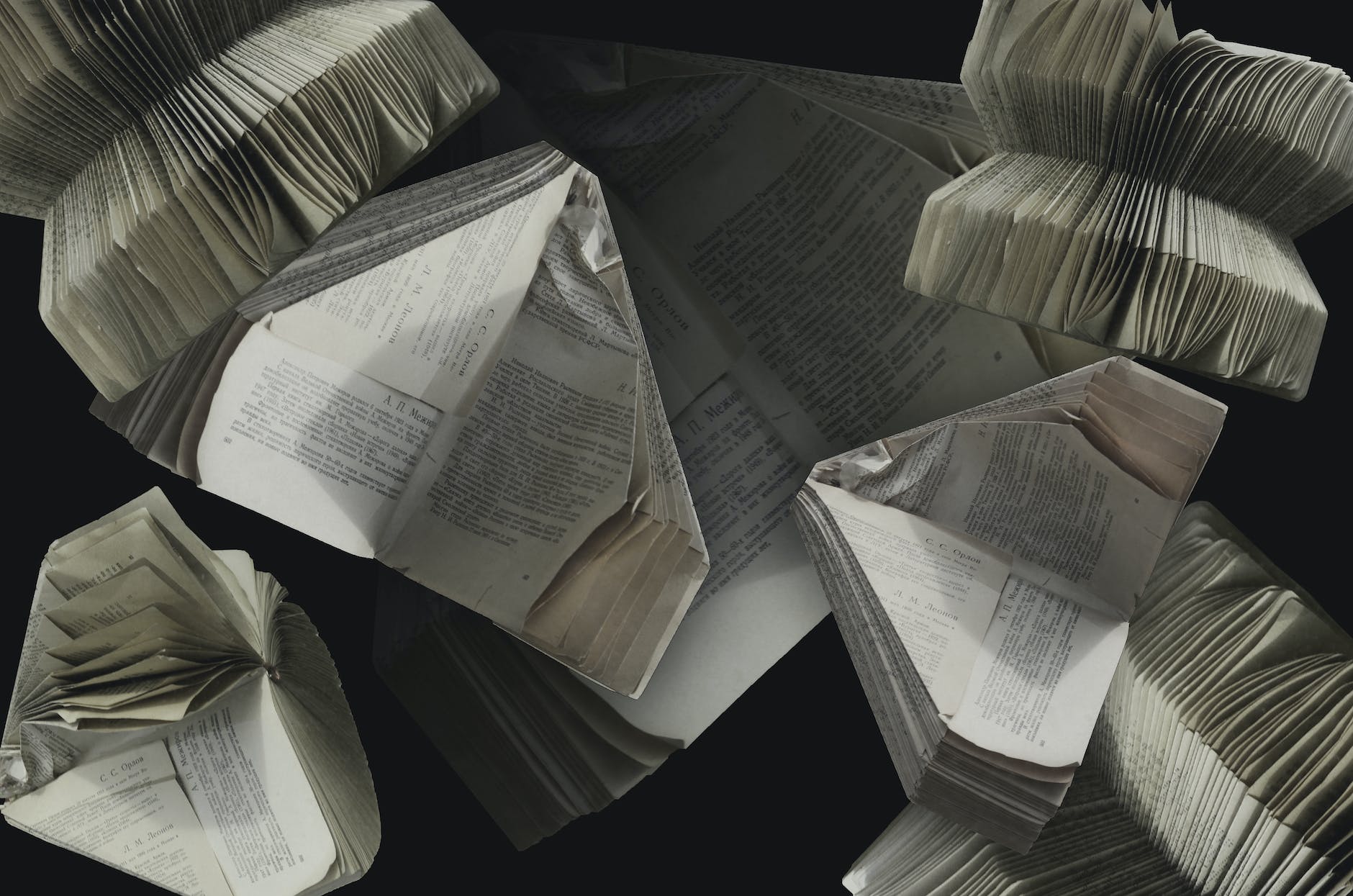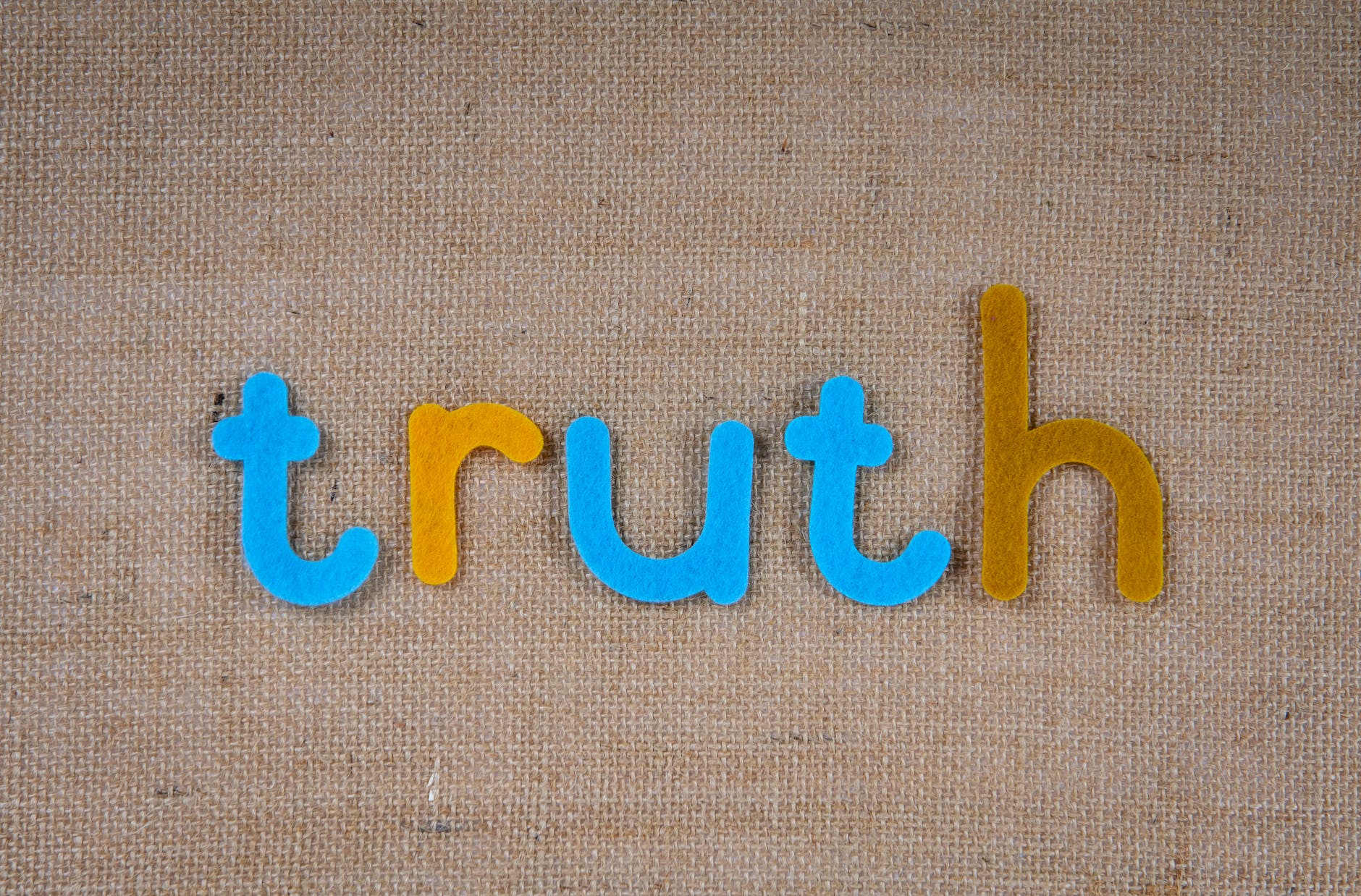
Legal issues to consider when self-publishing
Self-publishing can be an exciting and rewarding way to get your work out into the world. With the rise of digital publishing, it has never been easier to self publish
As an author, understanding the fundamentals of publishing law is essential.
Copyrights, licensing, and general contractual arrangements are at the heart of most publishing law matters.
In this article, our publishing lawyers cover five key points that every author should be aware of when publishing their work.

When you write a book, a “publication right” is automatically attached to it.
This gives you ownership of the copyright unless specific circumstances apply, such as being commissioned or employed to create the work.
It’s important to know when you do or don’t hold these rights.
Learn more about how writers can protect their work in our article.
If you’re publishing in Australia, copyright registration is not required. As the author, you own the copyright immediately upon its creation.
If you are publishing in the United States, the first step for any author is to register their copyright. This will protect your work from being stolen and used by others. US copyright laws protect authors by preventing unauthorised use of their writing, but it requires you to formally indicate that you’re the owner of the work and that they’re not free to use it as they please.
If a person uses someone else’s work without permission or license, they can be sued for damages in court – which could result in thousands or even millions of dollars worth of fines paid out by an offender if found guilty!
Registering your work with the U.S Copyright Office gives them proof that the work is indeed yours so there will be no question about who owns what should something happen later on down the road (like someone using part or all of your work).

A publishing contract is a legally binding agreement between an author and a publisher. These contracts define key terms, such as copyright ownership, royalty calculations, and rights reversion.
It’s important that a publishing lawyer reviews your contract to ensure your interests are protected.
Common types of publishing agreements include:
Learn more about key things authors should know about publishing contracts in our article.
It’s important to understand the details of your publishing agreement. The types of contracts that authors sign vary depending on the type of work, and there are several different kinds of agreements that an author can enter into with a publisher.
Understanding what rights you’re granting in your publishing agreement will help you determine how well protected you are as an author.
Publishing agreements typically grant a publisher one or more rights over works created by an author.
These rights include:
It’s important to get your publishing agreement reviewed by a publishing lawyer before signing it.
They may also be able to negotiate rights and royalty rates on your behalf, which can save you money down the line.
If you’re a writer, it’s possible that you’ll eventually need the assistance of a publishing law firm. Lawyers can help with many aspects of the publishing process, including:
Learn more about why a publishing agreement review is important in our article.

Yes, in Australia, you automatically own the copyright upon creation unless specific conditions apply, such as the work being commissioned or created under an employment relationship.
No, registration isn’t required in Australia, but reviewing contracts with a publishing lawyer ensures you retain your rights.
Key terms include royalty structures, rights reversion, and the extent of the rights you’re granting to the publisher.
A publishing lawyer ensures your contract protects your rights, helps negotiate better terms, and can prevent costly legal disputes down the road.
Contact us for a free consultation
We provide legal advice to business and individuals across Australia, no matter which State or Territory you are located. Our easy-to-access, online legal services mean that you can talk to our lawyers wherever you are, at a time that suits you.
4.8
Google Reviews

Don’t hesitate – reach out for your free legal assistance today. Your peace of mind is just a click or call away!

Self-publishing can be an exciting and rewarding way to get your work out into the world. With the rise of digital publishing, it has never been easier to self publish

Whether you’re an author looking to protect your intellectual property rights, a publisher seeking to negotiate favourable contract terms, or any other stakeholder in the publishing industry, hiring a publishing

Authors and publishers need to avoid claims that might make a publication defamatory. If a book is defamatory, it may lead to legal action being taken against the author and/or